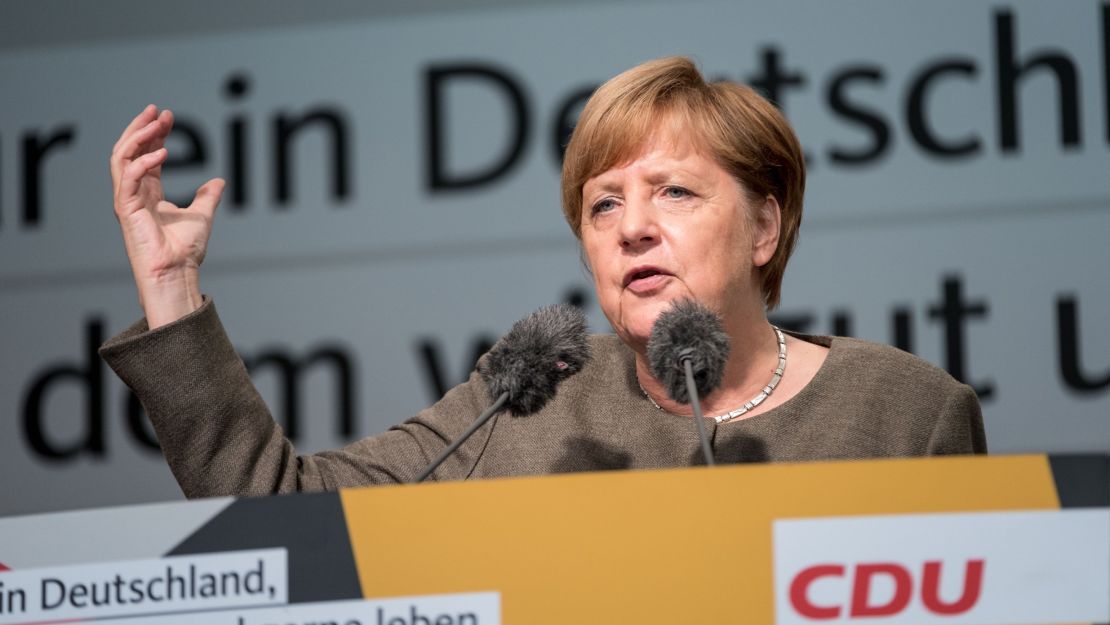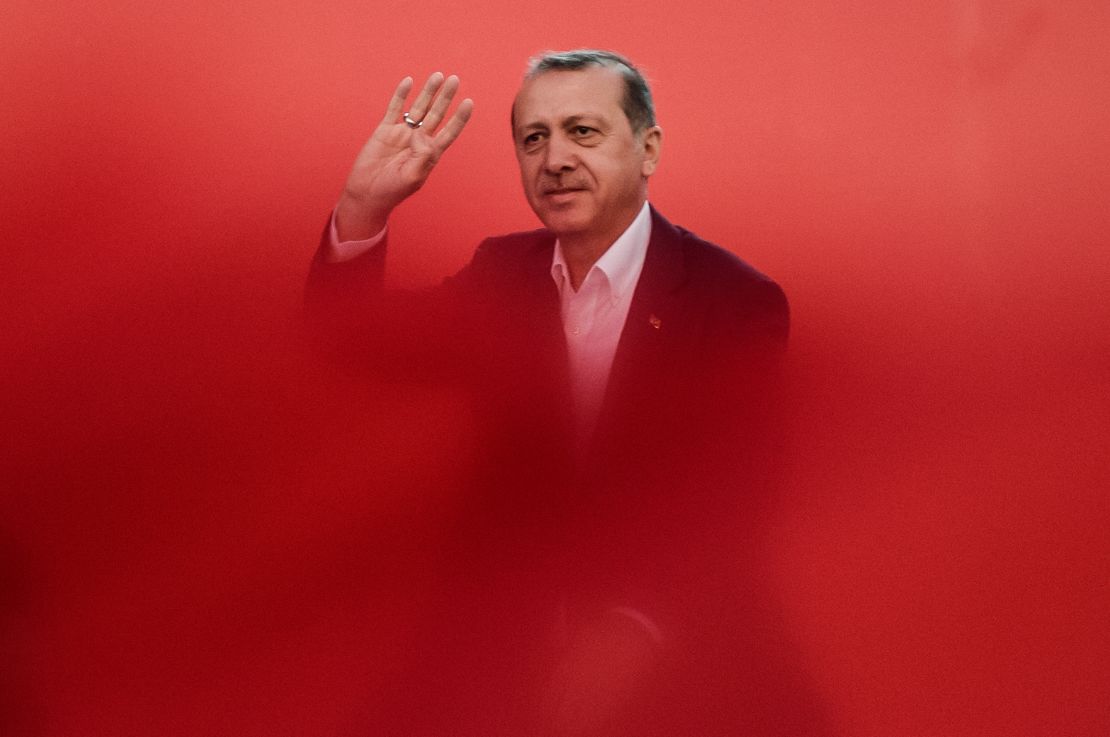Turkey may be using the multinational police organization Interpol to hunt down political opponents of the country’s president abroad, a German government spokesman said Monday.
The accusation follows the arrest and release of a prominent Turkish-German writer, the latest sign of the deterioration of ties between Turkish President Recep Tayyip Erdogan and Germany over what Germany perceives to be Turkey’s interference in its political affairs.
A 60-year-old critic of the Erdogan government, Dogan Akhanli was born in Turkey but has German citizenship. He was detained Saturday while on holiday in Spain. A resident of the western German city of Cologne since 1992, he was released Sunday after a court hearing, but on the condition that he remain in Madrid, according to his lawyer, Ilias Uyar.
The warrant for his arrest was issued four years ago; it is unclear why it has been acted upon now. The reason for Akhanli’s arrest was not immediately given, but Akhanli has written in the past about the mass killing of Armenians in Turkey in 1915. The subject is a controversial one in Turkey, which rejects the view of much of the international community that the killings constituted genocide.
Interpol calls itself the world’s largest police organization. “With 190 member countries, its primary role is to assist law enforcement agencies around the world in combating all forms of transnational crime and terrorism.”
The German government said it believes that Turkey is using its extradition treaty with Interpol to pursue Erdogan’s opponents outside the country, the spokesman said Monday.
A day earlier, German Chancellor Angela Merkel said she was “very glad” that Akhanli has been released, but issued a warning to Turkey on the manner of the arrest. ”We must not allow the misuse of international organizations like Interpol,” she said, marking a sharpening of her tone towards Ankara.

“It would be bad if Turkey could … have people who raise their voice against President Erdogan put in prison at the other end of Europe,” Foreign Minister Sigmar Gabriel said in a statement Sunday.
It is not the first time Turkish authorities have acted against Akhanli, who was a political prisoner in Istanbul from 1985 to 1987, according to his website. He later fled to Germany and was granted refugee status. In 2010, Akhanli was remanded and spent several months in detention in Turkey before being released, according to his lawyer. Two years later, his acquittal was repealed.
“This arrest shows an attempt by Erdogan to extend his power beyond the borders of his country,” Akhanli’s lawyer Uyar said, “and to act against those he doesn’t like and who criticize him wherever they are in the world.”
“We are happy,” he wrote following news of Akhanli’s release. “Dogan Akhanli is free and Erdogan has not won.”
‘Meddling,’ arrests and Nazi comparisons
Relations with Turkey are a key battleground for Germany’s political parties in the run-up to the federal election in September. Erdogan recently called for voters in Germany with Turkish origin to boycott the two biggest parties – Merkel’s CDU and the Social Democrats – and the Green Party in the election, describing them as “enemies of Turkey,” according to CNN affiliate NTV.

Gabriel criticized Erdogan’s “crude meddling” in the German election and was later personally attacked by the Turkish President. “Who are you to speak with the President of Turkey?” Erdogan said in a televised speech Saturday. “Know your place.”
In July, Turkish authorities arrested German human rights activist Peter Steudtner and nine others, charging them with “committing crimes in the name of a terrorist organization without being a member.” They remain in custody.
Deniz Yucel, a German-Turkish journalist, was arrested in Turkey in February on charges of terror propaganda and has been held in solitary confinement for more than 170 days.
The high-profile arrests have stoked fears that Turkey is holding German citizens as “political hostages,” according to Germany’s Green Party co-chair Cem Ozdemir.
Germany is demanding the unconditional release of both Yucel and Steudtner, threatening travel and trade restrictions in retaliation. In June, the German Foreign Ministry issued a warning to its citizens to exercise caution while traveling in Turkey, a popular destination for German tourists.
“Someone who detains law-abiding visitors to their country on the basis of outlandish, indeed absurd, accusations and throws them into prison has left European values behind,” Gabriel said in July, while calling for Steudtner’s release. “We cannot continue as before.”
A few weeks earlier, an art installation in Berlin depicting Erdogan as a dictator – installed to coincide with the G20 summit in Hamburg earlier this month – was met with anger by Turkey’s Foreign Ministry, which described it as “a new example of rising racism and xenophobia in the country.”
Soon after, Turkey denied German parliamentarians from visiting troops, stationed in Turkey, who are participating in NATO operations in Syria.
German authorities also prevented top politicians, including President Erdogan, from addressing Turkish rallies in the country in the lead up to the April 2017 referendum, a vote that handed Erdogan sweeping powers.
In response, Erdogan likened the German government to that of Adolf Hitler. “I thought that Nazism was over in Germany, but it turns out that it is still going on,” he said. “It is still going on, it is clear.”
CNN’s Atika Schubert and Diana Macumba contributed to this article.



